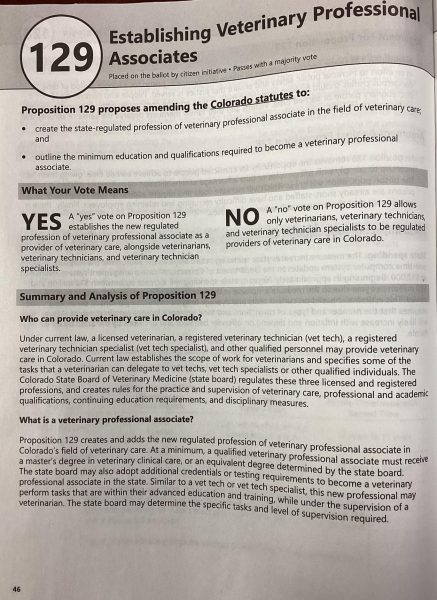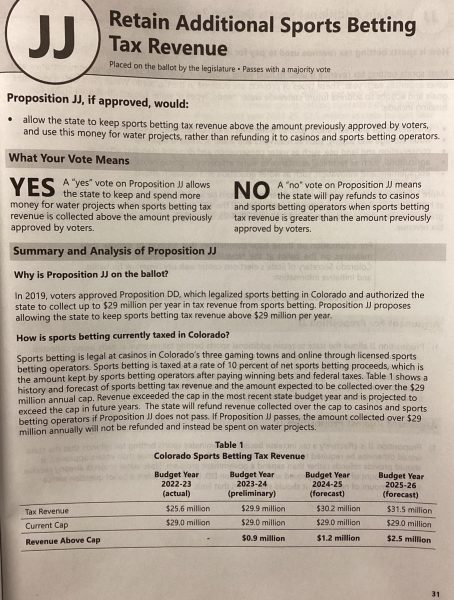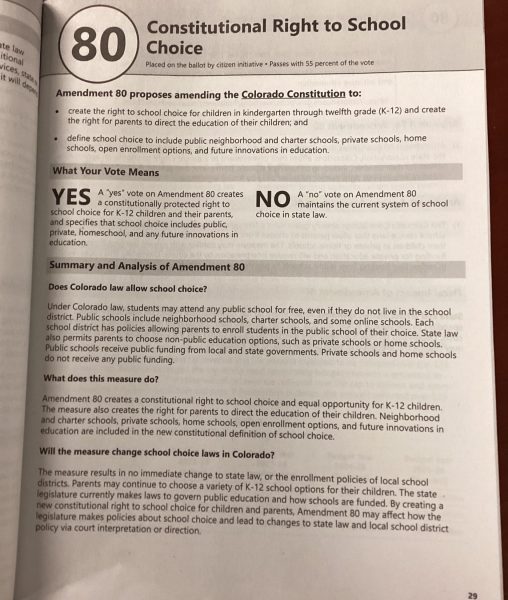“Oh, The Humanity… I’m Offended!”
So What If You’re Offended?
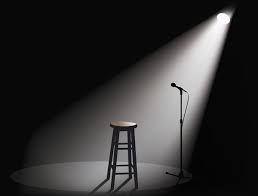
Image via gomighty.com
Hello there, reader. Do you like to laugh? Do you get a kick out of stand-up, enjoy watching Comedy Central specials? Who doesn’t, right?
Ever feel like something has gone too far? Over the line? Have you ever found yourself saying “too soon,” or “you can’t say that” and taking to social media to tell the world a line has been crossed? Are you someone who’s said “you can’t joke about that, it’s never funny”?
Take my hand, hypothetical humor connoisseur. You and I… we have something to discuss. Seems like a lot of you are under the incorrect assumption that you get to decide where comedic lines in the funny sand are drawn.
I have some unfortunate news: you are not the arbiter of what is funny. You do not get to decide what is funny. You get to decide what kind of comedy you consume, but you don’t get to tell the rest of us what’s okay to laugh about.
Comedy fans, the virtual excrement is hitting the social media fan. For the past several days, the Twittersphere is going wild with praise and condemnation for Ricky Gervais’ new special, Humanity. The British comedian takes delight in fanning the flames, retweeting both supporters and detractors, in turn attracting even more attention.
Calculated? Probably. Clever? Undoubtedly!
Let’s not focus on Humanity, in particular (although you should go watch it.) However, we need to talk about comedy, folks. More specifically, we need to cover the how and why of a lot of humor, and why your limits of offense are meaningless to both comedians and their audiences.
Psychology research consistently investigates the mentality behind humor. One of the more thoroughly studied groups of humans are comedians.
They are more likely to display symptoms of neurosis and even psychosis. Comics are likelier to suffer high anxiety, deep depression, and post-traumatic stress disorder. The elite, cream of the crop comedians? They die younger. It’s a trope, a stereotype, one aided by tidbits like a famous comedy house in Hollywood keeping an in-house psychologist on staff. So they’re all just plain crazy, right?
 Image of Robin Williams via Darci Caitlin
Image of Robin Williams via Darci Caitlin
Definitely not. This isn’t to say they’re stable, either.
This is a hobby-maybe-one-day-career based on observing the absurd, the painful, the ridiculous, and the incredulous. And laughing at it—in front of large groups of strangers who might laugh with them, or who might heckle them into intensive therapy.
Few things are more awkward to either experience or bear witness to than the failure of a set. Given a choice between bombing on stage and being swallowed immediately and painlessly by the sun, many budding comics would ponder for a few minutes.
That’s hyperbole. Maybe. You’ll never know, will you?

Will you?
Comedy examines the pure existential crisis that is life… and the people making you laugh are trying to cram years of observation into 1,200 word essays, four panel comic strips, ten-minute sets at a local club, thirty-minute late night shows, 45 minutes worth of sitcom, and perhaps even an hour long special or two (or fourteen.)

Yes, fourteen. Whadda you know about that?
Some very angry people are coming for our comedy. To try to force a change, and not for better. For all of living memory, we have found much of our humor in our suffering. That can often be the very root of a joke, and we in the audience can find solace and giggles in people whose lives suck at least as much as ours do.
Effective comedy is largely perpetrated by people who faced great adversity. It’s often born as a defense mechanism, and any sufficiently successful mechanism is ripe for monetization by sociopaths who’ve discovered the value in popularizing the handful of people with the bare scrap of fortitude (and attention-seeking behavior) required to literally put their pulsating heart and soul onto a dish for the multitudes to consume.
https://www.youtube.com/watch?v=uLtPp_xIpC4
If there’s such a thing as a completely well-adjusted comedian, I haven’t met them or seen their act.
Yet, we’ve entered an age where fringe offshoots of social justice ‘warriors,’ assuming they’re doing good, apparently believe they’re the new arbiters of what is and isn’t funny.
Social justice activism is a worthy endeavor to be commended. We’re not talking about that. We’re talking about a loud handful of people who have become a parody of that.
 Image via azquotes
Image via azquotes
If we permit these people to dictate what comedy is, comedy will die.
That one wasn’t hyperbole.
Twenty-two years ago, George Carlin opened a comedy special with an abortion joke. This was not the done-thing; when diving into risqué comedy, the typical comedian edges into it like a swimmer creeping into chilly water. This was shocking stuff, and it worked. Half the audience appears caught off-guard for a bare second before dissolving into laughs.
Comedy evolves. However, rarely has a well-liked comedian opted into offense for the sake of being offensive, and those who do mostly find themselves fallen to the wayside. But comedy is not shying away from finding humor in the offensive. Successful comedians consistently tackle the taboo.
Jessica Goldstein of the Washington Post points out that FXX comedy “You’re the Worst” “…has zeroed in on something vital: Just because the condition itself isn’t funny doesn’t mean it exists in a no-jokes-allowed zone.” She goes on to say “Comedy about appalling realities is having a moment. “You’re the Worst” has found a way to do with PTSD what “Inside Amy Schumer” does with rape, what “Key and Peele” did with racism, what “Unbreakable Kimmy Schmidt” does with the abduction and imprisonment of women.”

We get to discuss and laugh at our own realities.
‘Clean’ jokes are not the backbone of humor. They never have been. Comedy is visceral. It’s hard. It’s rough. It’s mean. It’s how humanity deals with itself. A good comedian helps people feel better about how grim things can get.
As well as observing the absurd, comedy is digging into terrible realities. Life itself is reexamined, reworked and made anew so that you, the audience, can confront it from a different angle. Perhaps a less painful one.

Image via The Onion
We’ve come into an era wherein nearly every comedic avenue sees someone arriving gallantly (to their own mind, anyhow) to righteously announce:
“You can’t joke about that! It’s too mean/rude/cruel/phobic/something-ending-in-ism! It’s too soon! That’s offensive!”
 Image via Twitter
Image via Twitter
So what? If you’re offended, you’ve successfully located an entertainment source that’s not to your liking and you’re free to leap merrily onwards in search of a different entertainer who is better suited to your tastes. Sure, tell us you’re offended. That’s a-ok. Tell us why. That’s fine too.
Do not tell me or anyone else we’re not allowed to laugh at whatever offended you. Do not attempt to shame us, do not harass us online, do not insult us. If you do these things, you’re a bully who has lost whatever moral high ground you’ve assumed you hold.
I spent my entire childhood under abusive circumstances, and much of my early adulthood. I have a variety of #MeToo moments, beginning at age 4 and extending well into my 20s, that have left me with scars on my mind, my heart, and all over my body.
My defense mechanism—which all of my psychiatrists and therapists have encouraged—is humor.
 Image via George Eman Vaillant
Image via George Eman Vaillant
The very second you tell me I don’t get to make jokes about those things? Or get to laugh when skilled comedians make those jokes? The very second you attempt to silence me, and to explain to me that “that’s never funny”?
I cordially invite you, Self-Appointed Arbiter, to fling yourself into the sun alongside that mortified comedian from before, if he’s decided to go that route.

Seriously, right into the sun.
You, Arbiter, do not get to dictate how anyone handles what life has thrown at us. Life comes at you fast, and sometimes the best shield is laughter. You do not get to take that shield away. For some people, it’s the only one we have.
One of today’s elite comedians is Bo Burnham, who found fame via YouTube and now has several specials out. He’s a musical comedian, a poet. An actor, producer and director. An all-around artist more than happy to self-deprecate.
A few years ago, during a special he sang a song entitled “Sad,” part of a set that included a lot of the dark humor discussed in this article. “Sad” is sort of meta, at once making fun of some of life’s dreadful aspects and making fun of comedians who capitalize on those terrible things for a laugh.
It’s hilarious, contradictory, self-deprecating and brilliant. “Sad” was considered a lot during the writing of this article—it both supports and attacks the premise. So enjoy it, and have a laugh. Or don’t.
It’s just life, after all.
https://www.youtube.com/watch?v=S_x4_QrMcm8
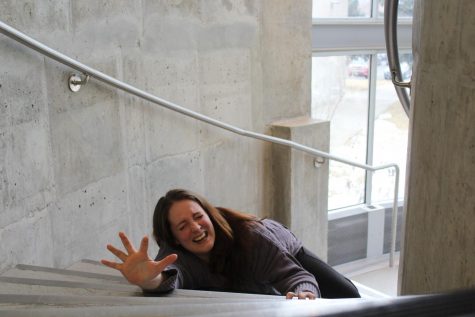
Kera is a touch neurotic and thinks all of you are fascinating from a distance. She's spent a lot of time studying psychology and the sciences. Writing, however, has decided it's tired of being relegated to the dark recesses of the...




